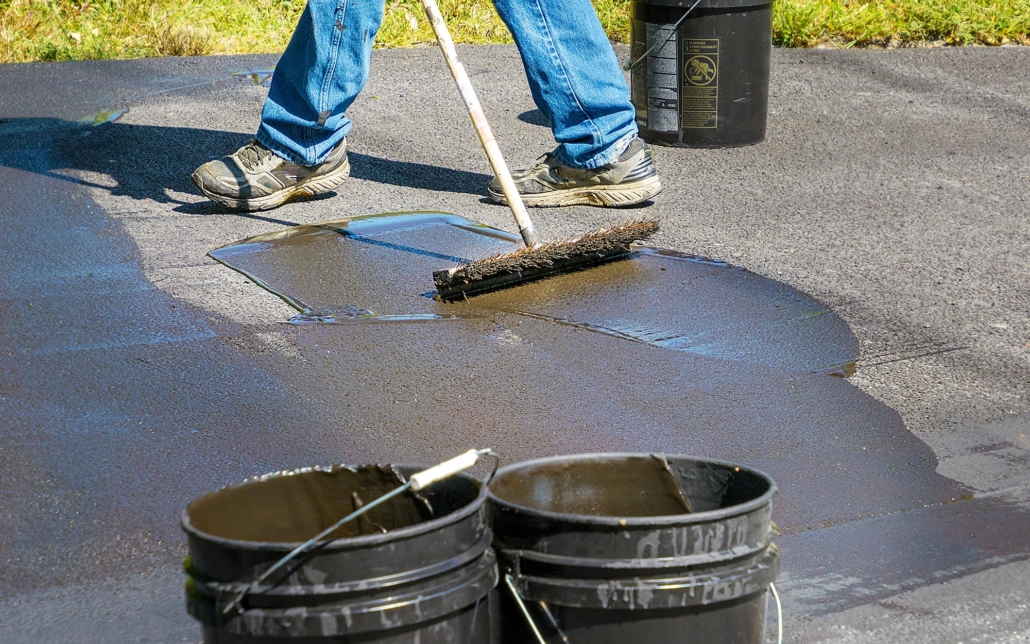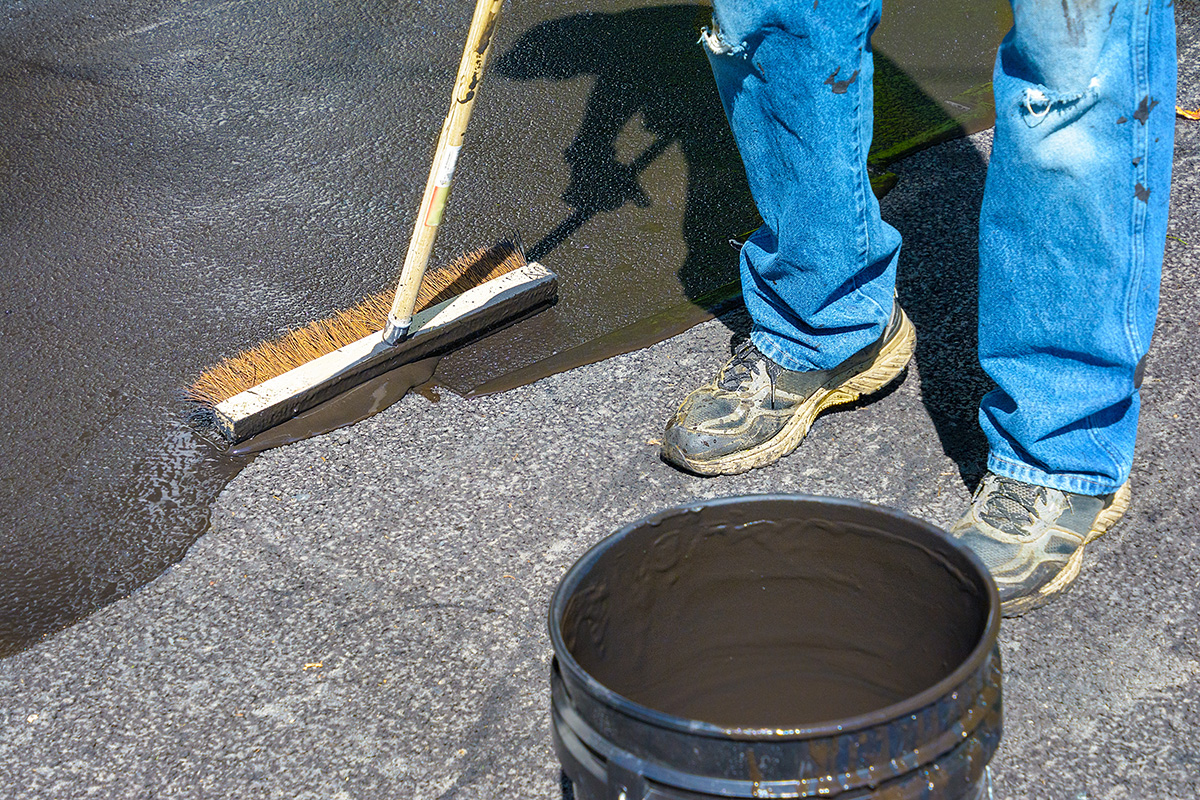Cold Mix Asphalt Vs. Hot Mix Asphalt: Which Is Right for You?

Composition Differences
Cold mix and hot mix asphalts differ substantially in their make-up, with distinct characteristics that influence their efficiency and applications. Cold mix asphalt is generated by emulsifying the asphalt binder with water and an emulsifying agent before blending it with accumulation. This method enables for the asphalt to be workable at reduced temperature levels, making it optimal for temporary repairs and for use in chillier weather. Warm mix asphalt, on the various other hand, is made at high temperatures, normally between 300-350 ° F, which aids to attain better compaction and a much more long lasting end product. The hot mix asphalt production process entails heating up the aggregate and asphalt binder individually prior to incorporating them at the asphalt plant.
Additionally, chilly mix asphalt has a tendency to be much less thick and more flexible than warm mix asphalt. This adaptability makes it much better matched for locations with greater degrees of activity, such as driveways or roadways with rush hour. On the other hand, warm mix asphalt is recognized for its high resilience and resistance to rutting and breaking, making it a preferred choice for highways and high-traffic roads where durability is important.
Setup Refine Variances
The procedure of installing chilly mix and warm mix asphalt exhibits noteworthy variations in their demands and procedures. In comparison, hot mix asphalt requires an extra elaborate installment process. Due to the heating demands, warm mix asphalt installations are normally carried out by professionals with specific tools, making sure an extra structurally sound and permanent outcome.
Toughness and Long Life Aspects
When considering asphalt choices, sturdiness and longevity are essential elements to examine for enduring pavement efficiency. Warm mix asphalt (HMA) is recognized for its remarkable sturdiness and durability. The heats during the mixing and laying process allow for much better compaction, causing a denser and more powerful pavement structure. This leads to HMA being much more immune to hefty web traffic loads, extreme climate condition, and the effects of maturing contrasted to cool mix asphalt (CMA)
In terms of durability, HMA usually outmatches CMA because of its exceptional strength and resistance residential or commercial properties. HMA sidewalks have a longer life span, requiring much less frequent fixings and maintenance, which can equate to cost financial savings in the long run. see post In addition, HMA pavements are more conveniently adjustable to fulfill certain job demands, further improving their resilience.
Price Factors To Consider
Taking into consideration the economic effects is an essential facet when examining the selection in between warm mix asphalt (HMA) and cool mix asphalt (CMA) for sidewalk tasks. While the first cost of warm mix asphalt is typically higher than that of cold mix asphalt, HMA often supplies an extra cost-efficient remedy in the lengthy run due to its remarkable toughness and long life.
In enhancement to material prices, it's vital to consider the costs connected with installation and upkeep when contrasting HMA and CMA. Eventually, the choice between HMA and CMA should take into account not simply the initial expense yet also the lasting over here financial ramifications to establish the most economical option for the specific sidewalk job.
Environmental Impact Comparison
Contrast of the environmental influences between warm mix asphalt (HMA) and cold mix asphalt (CMA) exposes distinctive differences in sustainability techniques. HMA production needs high temperature levels, leading to raised energy usage and greenhouse gas exhausts. The process also releases volatile organic compounds (VOCs) and harmful air toxins (HAPs) into the ambience. In contrast, CMA is produced and applied at reduced temperatures, minimizing power use and emissions considerably. The reduced manufacturing temperatures of CMA result in decreased fuel usage and reduced degrees of carbon dioxide exhausts, making it an extra ecologically pleasant alternative.
Additionally, the use of CMA frequently involves reusing existing asphalt pavement, advertising source conservation and reducing the quantity of waste sent to land fills. By deciding for CMA over HMA, road construction jobs can contribute favorably to ecological conservation initiatives.
Conclusion
To conclude, the choice in between cold mix asphalt (CMA) and warm mix asphalt (HMA) depends on numerous variables such as structure, setup procedure, sturdiness, long life, price, and ecological influence. asphalt patch repair. While CMA supplies a quick and economical remedy for small fixings, HMA makes sure exceptional toughness and longevity for heavy web traffic locations. Consider these click to investigate elements meticulously to determine which kind of asphalt is the appropriate option for your paving needs

Taking into consideration the financial implications is a crucial element when evaluating the option in between hot mix asphalt (HMA) and cold mix asphalt (CMA) for pavement tasks. While the initial expense of warm mix asphalt is usually higher than that of chilly mix asphalt, HMA usually provides a much more cost-effective option in the lengthy run due to its exceptional toughness and longevity. angle parking.Contrast of the environmental impacts between hot mix asphalt (HMA) and cold mix asphalt (CMA) discloses distinct differences in sustainability methods.In final thought, the selection between cool mix asphalt (CMA) and hot mix asphalt (HMA) depends on various aspects such as structure, installment process, resilience, durability, expense, and ecological effect